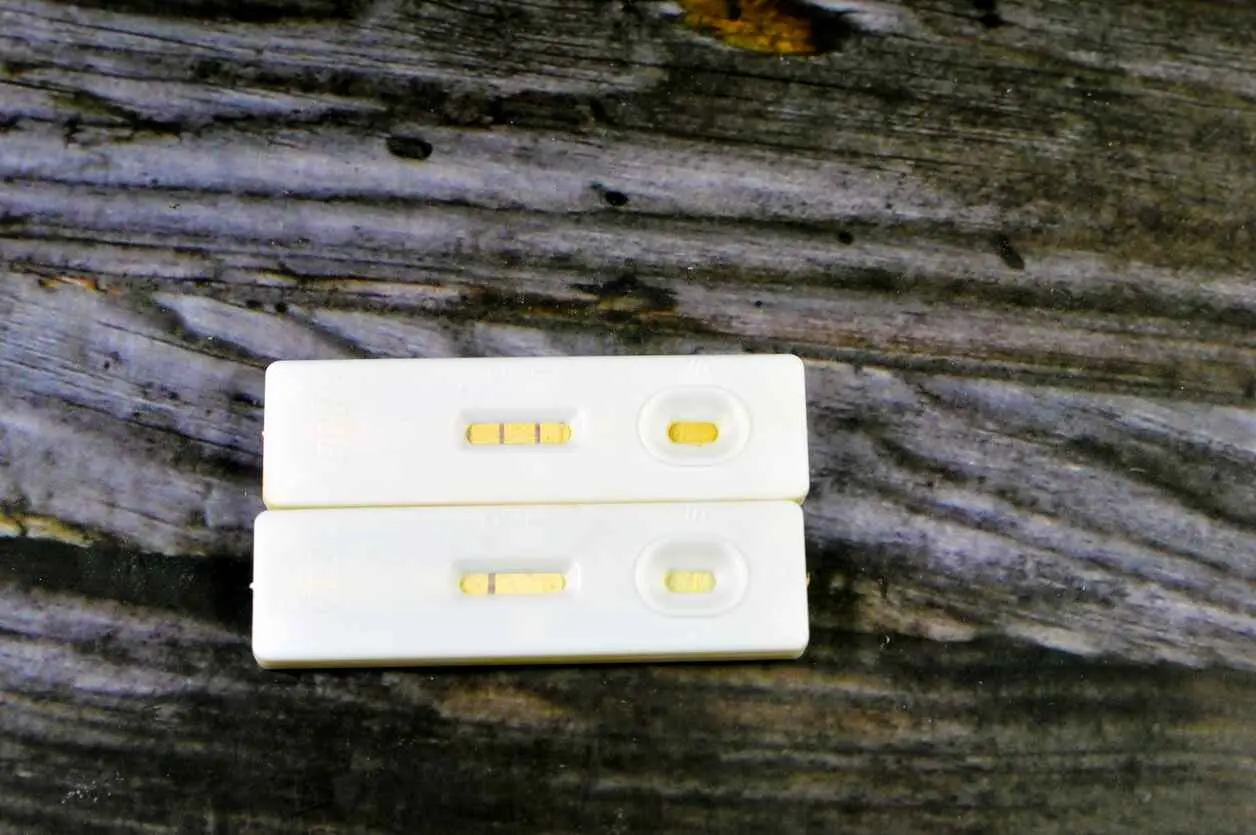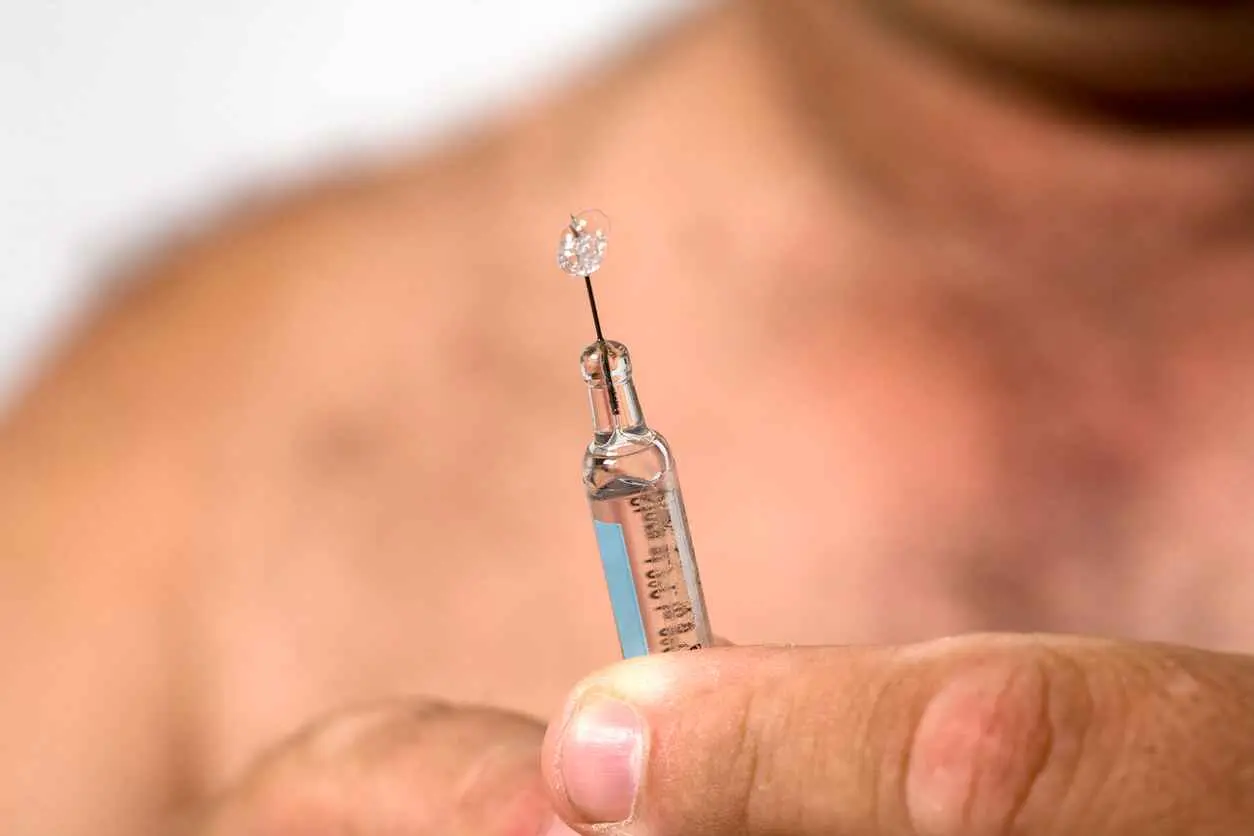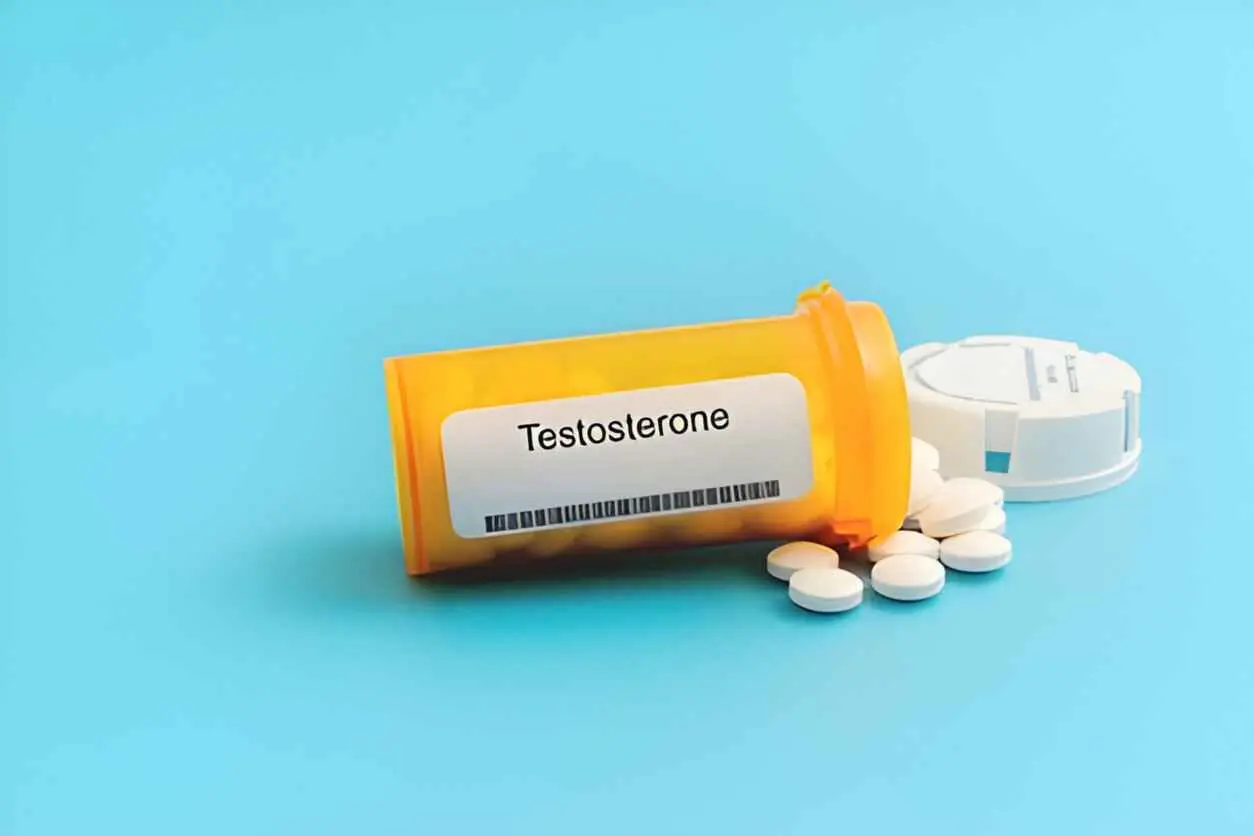
What Is Male Menopause?
What Is Male Menopause?
You may have heard people talk about something called "male menopause." It is a term some people use to describe changes that men go through as they get older, such as feeling tired, losing interest in sex, or having mood swings.
But is male menopause a medical condition? The truth is, doctors say the name is a bit misleading. In women, menopause means a clear and sudden change when their periods stop, usually around the age of 50. For men, things are different. There is no single moment when something changes. Instead, a man’s testosterone levels (the hormone that helps with energy, muscles, and mood) go down slowly over time, starting from around the age of 40.
Not all men have significant changes when their testosterone drops. Only a small number will feel intense symptoms that doctors call late-onset hypogonadism. This is the medical name for low testosterone in older men.
Even though many doctors prefer not to use the term "male menopause", the idea has become more popular. Some NHS organisations in the UK now have guidelines to help with it, even though experts say it can be confusing or not very helpful.
In this blog, we will explain what male menopause means, what causes it, how it feels, and what can be done to help. Whether you are going through it or just curious, this guide will help you understand the facts simply and clearly.
What Is Male Menopause?
Some people talk about something called male menopause. This is when men feel changes in their bodies or moods as they get older. They might feel tired more often, gain weight, lose muscle, feel sad, or not want sex as much. These changes can be confusing, but is male menopause real?
The truth is, doctors do not use the term male menopause. This is because it is not the same as what happens to women. Women go through menopause when their periods stop, and their hormone levels drop quickly. It happens to all women, usually between the ages of 45 and 55.
For men, things happen more slowly. Their testosterone levels (a hormone that gives men energy and strength) decrease gradually as they age. This usually starts around age 30 or 40. Not every man feels a significant change when this happens. Some men feel fine. Others might feel unwell or notice changes in their mood or behavior.
When a man’s testosterone gets too low, doctors call it late-onset hypogonadism. This means the body is not making enough testosterone anymore. This can cause some real health problems, like low mood, weak bones, or tiredness.
People also use the words andropause or testosterone deficiency. These are better names because they describe what is going on inside the body.
So, even though "male menopause" is not a medical term, some men do go through changes that are real. The important thing is to notice the signs and talk to a doctor if needed.
How Testosterone Changes With Age
Testosterone is a hormone made in a man's body. It helps with many things like building muscles, keeping bones strong, growing body hair, having energy, and feeling interested in sex. It also helps with mood and clarity of thought.
When boys go through puberty, their testosterone levels go up a lot. This is what causes their voices to get deeper, muscles to grow, and hair to grow on their face and body.
After a man reaches around the age of 30, his testosterone levels slowly start to drop. This is normal and happens to all men. Most men lose about one percent of testosterone each year. This drop occurs so slowly that many men do not even notice it at first (British Association of Urological Surgeons).
But for some men, the drop in testosterone is faster or happens too soon. This can occur if the man is very overweight, very stressed, or has a long-term illness. Drinking too much alcohol or not sleeping well can also make testosterone go down more quickly (Heart Foundation).
There are two main reasons why a man’s body may stop making enough testosterone:
- The testicles stop working properly
This means the body is not making as much testosterone as it should. - The brain does not send the right signals.
The brain usually tells the body to make hormones. If this does not happen, testosterone levels can go down.
Doctors can do blood tests to check a man's hormone levels. If testosterone is too low and the man has symptoms like tiredness or mood changes, doctors may give advice or offer treatment.
So, while it is normal for testosterone to drop with age, sometimes the change is greater than expected. If that happens, it is a good idea to speak to a doctor and find out what is going on.
What Are The Core Symptoms of Male Menopause? Key Signs
Men can experience a bunch of changes during male menopause because of dropping testosterone levels:
- Feeling less interested in sex is a big sign, as testosterone has a lot to do with libido.
- Trouble thinking, also known as "brain fog," makes it hard to focus and remember things, affecting work and relationships.
- Some guys might get moodier or feel down more often, which could be why some older men seem grumpy.
- Hot flashes, like what many women go through during menopause, can happen to men, too, causing sudden warmth, sweating, and redness in the face and neck.
- Feeling more tired than usual is common, and boosting testosterone can help restore energy and excitement.
- Sleep issues like not being able to fall or stay asleep can affect overall health.
- Testosterone is essential for erections, so when levels drop, it might lead to problems with sexual performance due to less interest in sex.
- Lower testosterone can make a guy feel less confident and less likely to take charge in social situations.
Changes To Your Body Caused by Male Menopause: Understanding Body Changes
Male menopause can affect a man's health.
When a man has low levels of testosterone, it can mess with his body's fat levels. This makes it more likely for blood clots to form, which isn't good for the heart.
Testosterone isn't just about muscles; it helps the heart pump better and keeps its rhythm steady.
This hormone is also vital for a sharp mind. With enough testosterone, a guy might find it easier to remember things, focus, or think clearly.
Low testosterone can weaken bones, raising the chances of osteoporosis and osteoarthritis. So, keeping hormone levels balanced is crucial for strong bones.
Muscles love testosterone. It helps build them and keeps them strong, which is why men usually have more muscle than fat compared to women.
Even though testosterone doesn't directly zap fat, it helps build muscle and encourages more activity, making it easier for guys to stay in shape.
But if you're super muscular, the BMI (Body Mass Index) calculator might not be the best way to tell if you're at a healthy weight since it just looks at height and weight, not the amount of muscle you have.
Is Male Menopause a Real Medical Condition?
You might ask, “Is male menopause real?” The answer is yes and no.
Many doctors say that the term male menopause is not quite right. It makes people think it is just like female menopause, but it is not. In women, menopause happens to everyone and their hormones change very quickly. In men, testosterone levels go down slowly and not all men feel any changes.
Doctors use a different name. They call it late-onset hypogonadism or testosterone deficiency. This is when a man's body is not making enough testosterone, and it starts to cause problems like feeling tired, sad, or not wanting sex.
Only some men have this condition. It is more common in men who are overweight, who do not sleep well, or who are already unwell. Research shows that between 10 and 30 out of 100 older men may have low testosterone and symptoms.
Some companies try to sell pills or products by saying that all men go through male menopause. But this is not true. Many men are just getting older and do not need any treatment.
So yes, low testosterone is real, but male menopause is not something that happens to every man. If a man is feeling unwell or has any health concerns, it is best to see a doctor. A blood test can check if his testosterone is low and help find out what to do next.
How Does Female and Male Menopause Differ?
Men's bodies slowly start to make less testosterone after turning 30. This isn't like a quick drop but more of a slow change. It's because the body produces a bit less testosterone, and there's more of a protein called SHBG that binds to the testosterone, making less of it available for the body to use.
This change is different from what women go through during menopause, where their hormone levels drop suddenly. Men's testosterone levels gently go down over time, which can lead to some changes, but it's not the same for every guy.
Some men might notice these changes and call it male menopause, but it's not something that happens to all men like menopause does to all women.
Frequently Asked Questions
What is male menopause, and does it happen to every man?
Male menopause, also called late-onset hypogonadism or testosterone deficiency syndrome, is when some men have low testosterone levels as they get older. It does not happen to every man and is not as sudden as menopause in women.
At what age does male menopause usually start?
Testosterone levels usually start to drop slowly from age 30 or 40. Most men will not notice big changes until they are in their 50s or 60s, and even then, not all men will feel symptoms of male menopause.
What are the first signs of male menopause symptoms?
Early signs of male menopause include feeling tired all the time, mood swings, low sex drive, poor sleep, and gaining weight. These male hormone imbalance symptoms can also be linked to stress or poor health.
Can male menopause cause depression and anxiety?
Yes, male menopause and low testosterone can affect mood and mental health. Some men feel sad, anxious, or lose interest in things they once enjoyed. Talking to a doctor can help find the cause.
How do doctors test for low testosterone in older men?
Doctors will ask about symptoms and do a blood test in the morning to check testosterone levels. If levels are low and symptoms are present, it may be diagnosed as late-onset testosterone deficiency.
Is male menopause the same as a midlife crisis?
No, male menopause and midlife crisis are different. A midlife crisis is more about emotional or life changes, while male menopause symptoms are linked to changes in hormone levels like testosterone.
Can lifestyle changes help with male menopause symptoms?
Yes, simple changes like eating healthy, sleeping well, staying active, and lowering stress can help improve low testosterone levels naturally and ease the signs of male menopause in men over 50.
Is testosterone replacement therapy safe for treating male menopause?
Testosterone therapy can help some men with very low levels, but it is not for everyone. It may have side effects, so it should only be done with a doctor’s care after proper tests and advice.
Conclusion
Although there is debate about whether men experience actual "menopause" as women do, many men do go through a phase known as Andropause, which shares similarities with female menopause. This period in a man's life can bring about hormonal changes and symptoms that affect their physical and emotional well-being.
Testosterone replacement therapy (TRT) is considered the most effective treatment for this condition, as it can alleviate the symptoms and improve men's overall health and social well-being.
If you need help or have questions about male hormone levels, contact Androgenix. We're ready to provide you with the information and guidance you might need.


